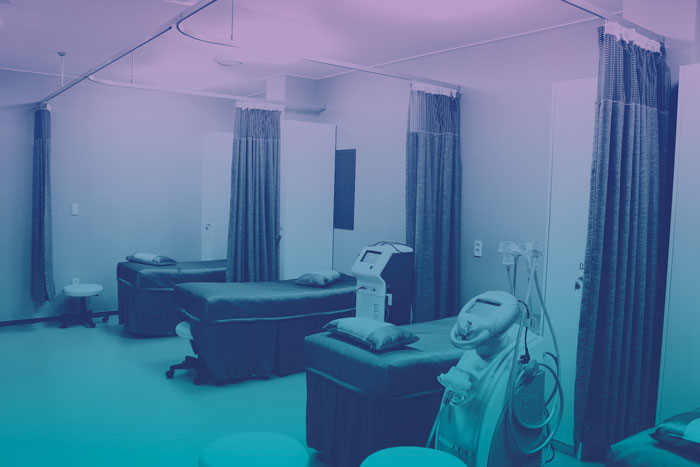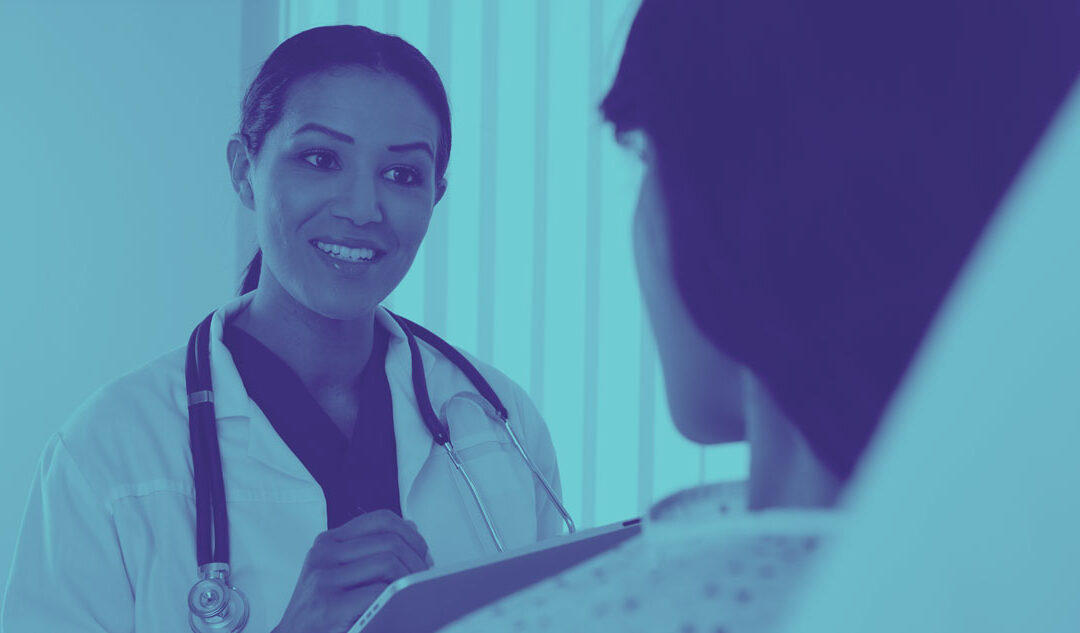Beginning the Recovery Journey with Medical Detox
The life of an addict is extremely difficult. Many addicts continue to take higher and higher doses of their drug of choice to get the same high as before. By taking high doses of drugs every day, drug detox can appear daunting. The person may struggle withdrawing from the drug, but it is vital to take this first step to recovery. Medical detox has helped numerous addicts overcome their addictions, and if you or anyone you know suffers, then you should look into starting the recovery process.

Understanding Detox
For most addicts, the first few days of rehab will be the toughest. When most people enter the program, their body still has the substances flowing through their bloodstream. Since the body has become dependent on the drugs after years of use every single day, the person will experience drug withdrawals. There will be both physical and emotional symptoms, and going to a safe place can help the addict manage those symptoms more effectively. Medical professionals will carefully watch the addict as the body is gradually purged of illicit substances.
Withdrawal Symptoms
The exact symptoms a person will experience will depend on the substance he or she was addicted to. Someone addicted to opioids will suffer from gastrointestinal distress, joint pain, bone discomfort and muscle aches. People addicted to stimulants, such as methamphetamines and cocaine, will suffer from suicidal thoughts and depression. Ketamine will result in anxiety and depression. Withdrawal from benzodiazepines and alcohol will lead to seizures, tremors, hallucinations and chronic agitation.
Length of Drug Detox
The length of the withdrawal will depend on the length of the addiction and what types of drugs a person was using. However, a person may need to remain in detox long after the withdrawal symptoms pass. Medical professionals will need to look at which substances were in the addict’s system, medical history and how long the addict was using the drugs. It is common for people to pursue medical detox when they are addicted to prescription pain medication, benzodiazepines, crystal meth, cocaine and heroin.
Medications Used in Detox
Occasionally, medical professionals may recommend certain medications to help the addict get through the detox program. The goal of these medications is to address alterations in the brain. Addicts looking to recover from opioids may require methadone. Under the supervision of a medical professional, methadone can help decrease the substance’s half-life, alleviate withdrawal symptoms and decrease drug cravings. Buprenorphine can also help with opioids. It also decreases withdrawal symptoms and decreases cravings. All these medications come with side effects, so make sure to talk with your doctor to make sure they are right for you.
Start of the Journey
Before starting the detox program, it is vital to remember it is the start of the recovery journey and not the end. Getting in-patient detox is simply a way for an addict to recover from withdrawal symptoms in a safe, caring environment. Once the addict gets through withdrawal, it is up to the individual to remain clean. In fact, once the body is clear of drugs, the real work starts. The addict will still need to go to group meetings and therapy sessions to determine why he or she resorts to drug abuse. The addict needs to learn to address the primary causes of the addiction and develop strategies when triggers come up.
Any addicts requiring detox needs to look into the program offered at Clean Recovery Centers. We offer a comprehensive approach that addresses multiple angles of treating addiction. You can learn more about your treatment options. If you or a loved one needs help, then get in touch with us today or give us a call to learn more about our options.
Sources:
- https://luxury.rehabs.com/drug-detox/
- https://www.harrishousestl.org/medical-detox-addiction-treatment/
Recent Posts


